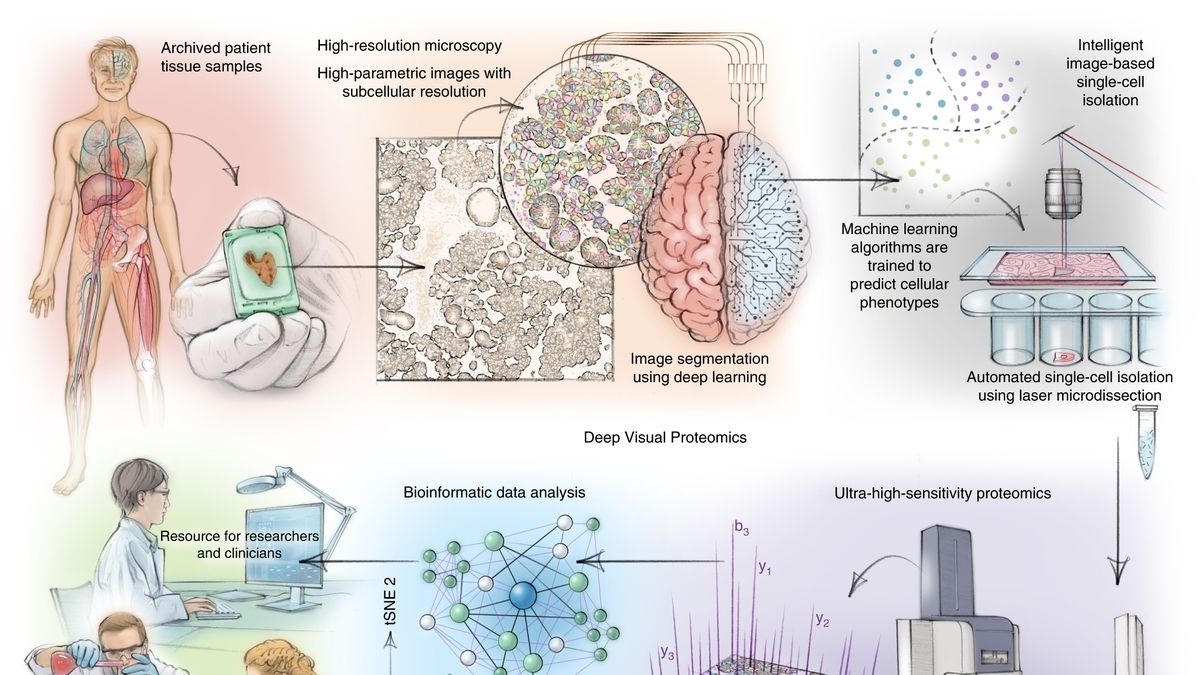




Researchers at the Microbiota I-Centre, Chinese University of Hong Kong, are pioneering efforts to isolate 200 to 300 types of bacteria with therapeutic potential for treating neurological disorders such as autism, dementia, and depression. This initiative comes as approximately 10,000 people in Hong Kong are diagnosed with autism, over 500,000 suffer from depression, and at least 100,000 are estimated to be affected by dementia. The researchers plan to begin human trials in 2025 after completing experiments with germ-free mice by the end of 2024 [f0a38744].
The global human microbiome market is projected to grow significantly, from US$824.4 million in 2023 to over US$6.4 billion by 2032, indicating a rising interest in microbiome-based therapies [f0a38744]. This research aligns with a broader trend in microbiome studies that have revealed the potential of gut bacteria in influencing mental health and cognitive functions. For instance, a study published in 'Nature Microbiology' found that individuals with depression exhibited significantly different microbial profiles compared to healthy controls, suggesting that gut bacteria can produce neurotransmitters that affect brain signaling [46f83c19].
Additionally, reverse metabolomics has emerged as a powerful tool in microbiome research, allowing scientists to identify metabolites produced by gut bacteria that may influence conditions like Alzheimer's disease. Researchers from Ohio have utilized machine learning to predict which metabolites could bind with specific receptors in the gut and brain, potentially leading to new treatment strategies targeting the brain-gut axis [4f5b964a].
The Max Planck Institute of Biochemistry has also made strides in understanding liver diseases through single-cell deep visual proteomics, revealing insights into cellular functions that could have implications for microbiome interactions and overall health [d136eeca].
Moreover, the relationship between gut health and skin conditions, such as acne and eczema, is gaining attention. Researchers have noted that improving gut health through diet can be as effective as expensive supplements, emphasizing the importance of the gut-skin axis in health [9cef2217].
As research continues to uncover the complexities of the gut-brain axis and its influence on various health conditions, the potential for microbiome-based therapies to treat neurological disorders like autism and dementia is becoming increasingly promising [f0a38744].